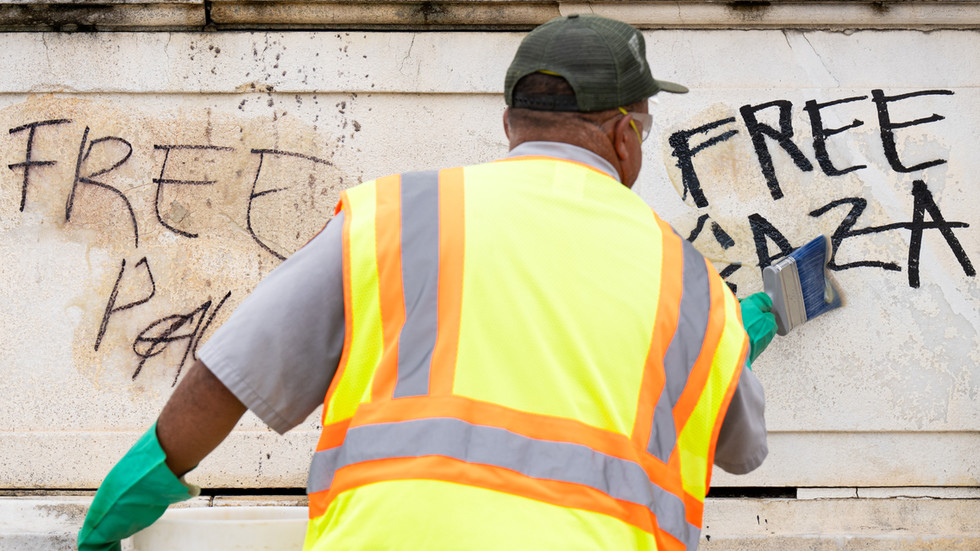The ongoing conflict initiated by the Hamas attack on Israel in October 2023 has led to an unprecedented rise in anti-Semitic incidents across the United States. According to the Anti-Defamation League (ADL), the reported number of anti-Semitic occurrences has soared to over 10,000 in just one year, marking more than a threefold increase compared to the previous year. This surge is particularly significant, with nearly a third of these incidents occurring during protests against Israel, highlighting the interconnectedness of global political tensions and local manifestations of hate. The ADL attributes this trend largely to the heightened emotional and divisive climate surrounding the Israel-Hamas war, exacerbating existing societal rifts and prejudices.
The timeline delineated by the ADL begins with the October 7, 2023, assault by Hamas that resulted in the deaths of approximately 1,100 Israelis and the taking of over 200 hostages. This catastrophic event triggered a response from Israel that included a bombing campaign and a ground operation in Gaza, which have reportedly resulted in the deaths of over 40,000 people, predominantly civilians, including women and children. The immediate aftermath of these violent confrontations ignited both pro-Palestinian and anti-war protests across the globe, particularly on college campuses in the United States. These protests have often turned into sites of increased hostility, leading to a significant rise in incidents targeting Jewish communities and individuals.
The ADL has highlighted the troubling nature of this rise in anti-Semitism, offering a breakdown of the recorded incidents. Among the documented cases, 150 involved physical assaults, a disturbing indication of the violence that has emerged during this tumultuous period. The majority of incidents, however, fell into categories of vandalism or verbal harassment, with 1,840 cases of vandalism and 8,015 incidents of verbal or written harassment noted. This data points to a broader culture of intolerance and animosity that has been fueled by ongoing hostilities overseas, showcasing how international conflicts can have direct repercussions on domestic societal dynamics.
Specific incidents illustrate the rising tide of anti-Semitism in the United States, underscoring the vulnerability of Jewish individuals amid this increase in hostility. For example, two Jewish students reported being physically assaulted in separate incidents linked to their identity. In one case, a student was targeted for wearing a Star of David necklace, while in another, a student was questioned about their Jewish identity before being attacked. These personal stories reflect a larger trend of increased violence and discrimination against Jewish individuals during a time of heightened tensions and may contribute to a climate of fear within affected communities.
The conflict has also prompted significant international reactions, further fueling discussions around human rights and accountability. Reports indicate that the Israeli military’s actions in Gaza have drawn considerable criticism, including allegations of committing genocide against Palestinian civilians, a serious charge that has been officially raised by South Africa in the International Court of Justice. These claims underscore the complex and often tragic dimensions of the conflict, as civilians on both sides experience profound suffering. The situation reveals a chilling reality where acts of aggression not only lead to loss of life but also catalyze cycles of hate and retaliation far beyond the immediate battlefield.
As the conflict continues to unfold, the implications of these events extend into various facets of society, raising essential questions about the responsibility of individuals, communities, and governments to confront hate-based violence and promote understanding. Jewish Americans have expressed a sense of continuous fear following the October 7 attacks, marking what ADL CEO Jonathan Greenblatt described as “a year without respite.” The rise in anti-Semitic incidents reflects deeper societal issues that demand proactive solutions, emphasizing the importance of education, dialogue, and community solidarity in combatting the spread of hate and fostering an environment where all individuals feel safe and respected, regardless of their background or beliefs.

